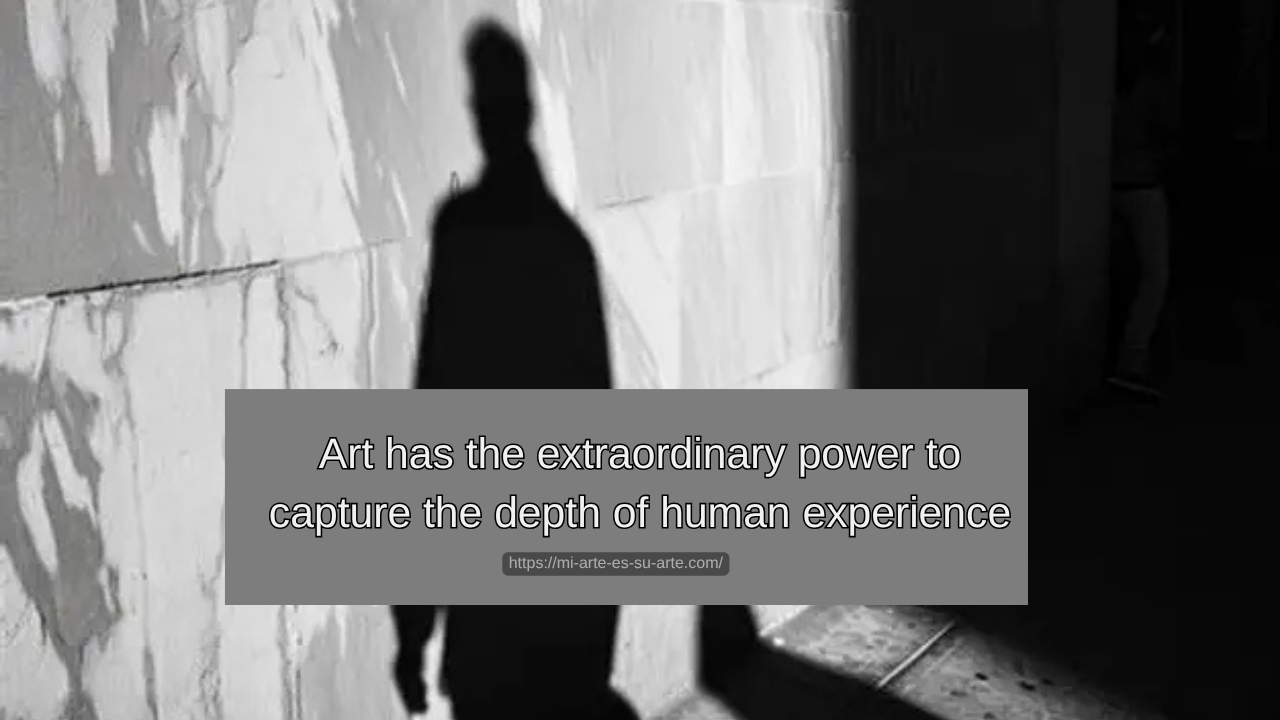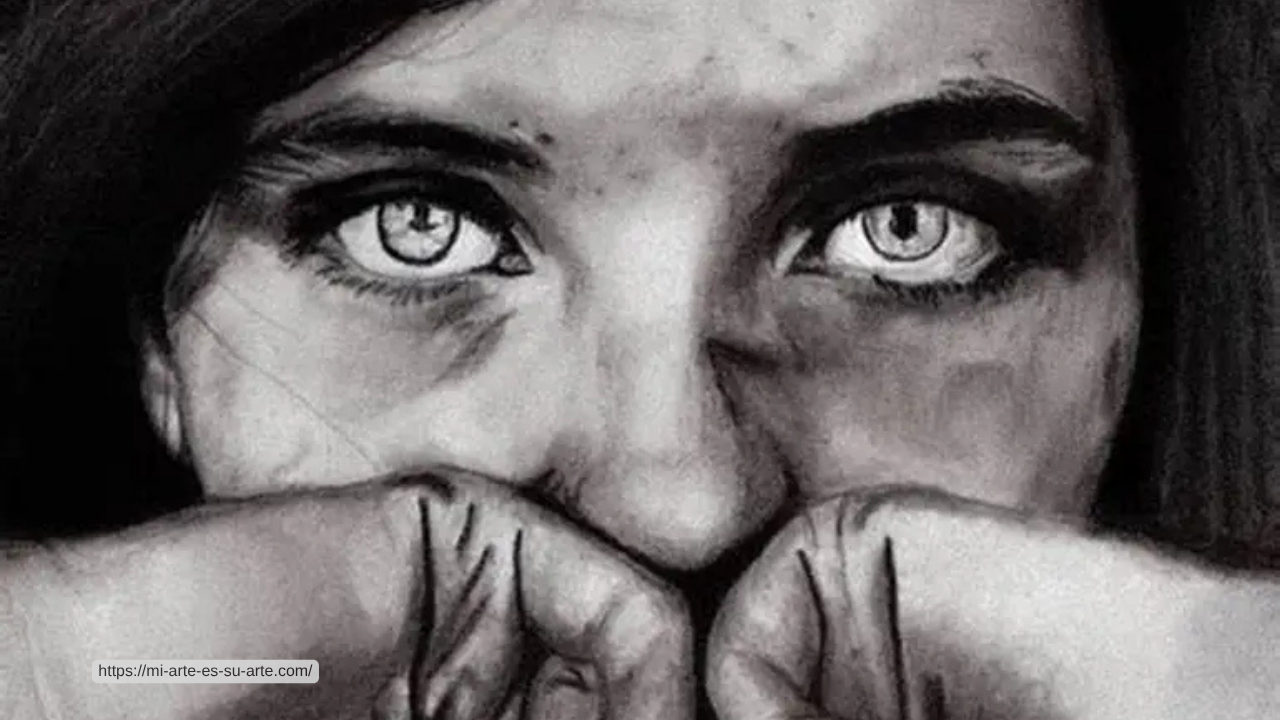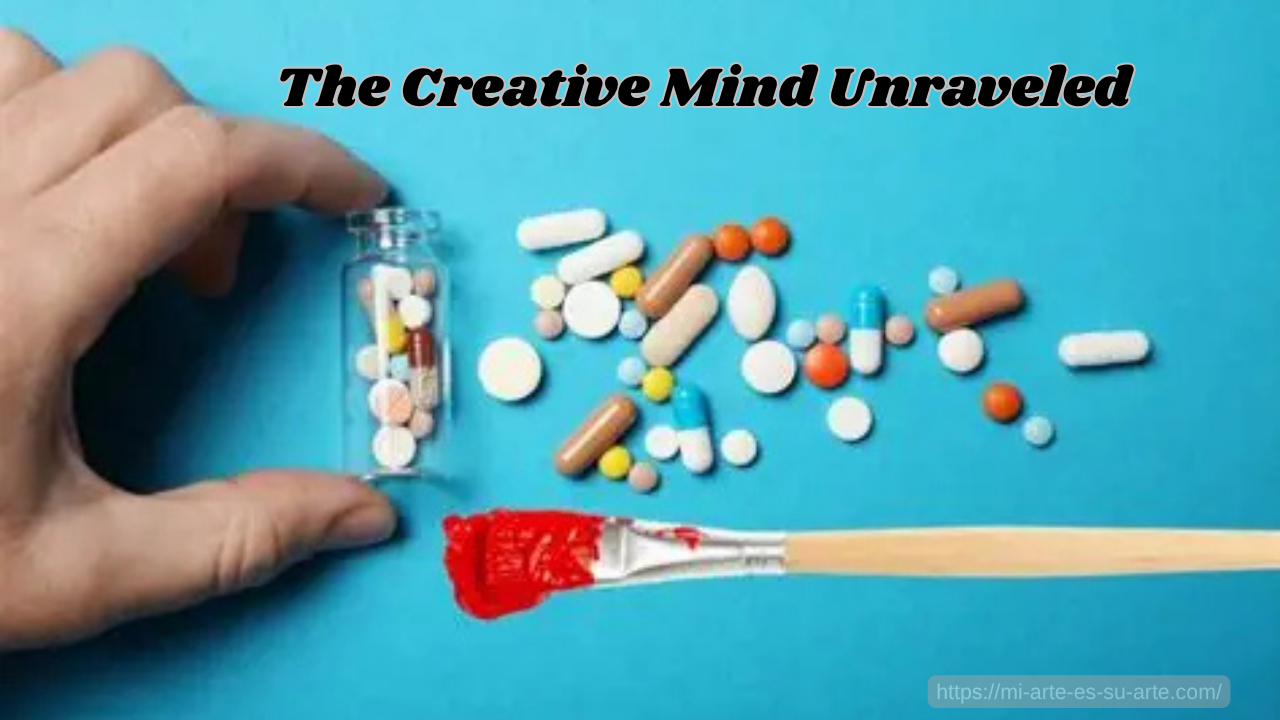 Art has the extraordinary power to capture the depth of human experience, to move audiences, and to inspire change. Yet behind the brilliance of many artistic works lies a less visible story. Many artists face profound psychological challenges that influence both their creativity and their well-being. Anxiety, depression, trauma, and addiction often accompany the lives of highly creative individuals, casting shadows over the very genius that brings their work to life. Understanding these psychological struggles is essential to providing compassionate support and effective recovery options.
Art has the extraordinary power to capture the depth of human experience, to move audiences, and to inspire change. Yet behind the brilliance of many artistic works lies a less visible story. Many artists face profound psychological challenges that influence both their creativity and their well-being. Anxiety, depression, trauma, and addiction often accompany the lives of highly creative individuals, casting shadows over the very genius that brings their work to life. Understanding these psychological struggles is essential to providing compassionate support and effective recovery options.
The Emotional Intensity of the Artistic Mind
Artists often experience emotions more deeply than the general population. This emotional intensity fuels originality and allows creatives to connect authentically with their audience. However, heightened sensitivity can also increase vulnerability to stress, mood disorders, and emotional burnout. Without proper coping mechanisms, these challenges can escalate, affecting both personal life and creative output.
Pressure to Perform and External Expectations
External pressures further compound mental health challenges. Deadlines, public reception, financial instability, and the constant drive for originality can create chronic stress. Perfectionism is common among artists, who may feel their work is never adequate. This relentless pressure often contributes to anxiety, depression, and, in some cases, substance misuse as a way to manage overwhelming emotions.
The Role of Isolation
While solitude is often necessary for focused creative work, prolonged isolation can increase feelings of loneliness and disconnect. Many artists spend long hours alone in studios or rehearsal spaces, which can exacerbate emotional struggles and create a higher risk of addiction. The absence of strong support networks often allows destructive habits to develop unnoticed.
Addiction as a Coping Mechanism
For some artists, drugs or alcohol may seem to offer temporary relief from stress or emotional pain. Substances may also appear to enhance creativity or provide confidence during performance. Yet reliance on these coping mechanisms often leads to dependency, which undermines both mental health and creative capacity. Addiction can trap artists in a cycle of emotional instability, isolation, and professional difficulties.
Recognizing the Need for Help
Early recognition of mental health or addiction challenges is critical. Changes in behavior, withdrawal from social support, or increasing substance use are signs that intervention may be needed. Seeking help is not a weakness but a courageous step toward reclaiming balance and creative vitality.
Holistic and Individualized Approaches to Recovery
Healing for artists requires comprehensive, individualized care that addresses the mind, body, and spirit. Holistic treatment combines counseling, creative therapies, wellness practices, and faith-based support to help artists process emotions safely and rebuild resilience. Inpatient programs provide intensive, structured support for those in deep crisis, while outpatient programs allow flexibility for ongoing creative or professional engagement.
Reconnecting with Creativity
Recovery is not about suppressing creativity but about restoring the emotional stability that allows true artistic expression. By addressing addiction and mental health challenges with compassion and professional guidance, artists can reclaim their creative voice and find sustainable inspiration.
Moving from Shadows to Strength
The psychological shadows behind great art need not define the lives of creatives. With the right support, emotional resilience, and individualized care, artists can heal from addiction, overcome mental health challenges, and continue producing work that is authentic and powerful. If you or a loved one is struggling with addiction or mental health issues, reaching out for help is the first step toward a healthier, more fulfilling creative life. Professional guidance can transform vulnerability into strength, ensuring that genius flourishes without the cost of suffering.
 Artistic expression has the power to move, inspire, and transform. For artists, the studio or workspace is often a sanctuary, a place to explore emotions, ideas, and imagination. Yet behind this creative space, many artists grapple with deep struggles in silence. Mental health challenges, addiction, and emotional vulnerability often remain hidden, even as their work captivates audiences. Understanding why so many artists suffer quietly is essential for fostering a culture of support and recovery.
Artistic expression has the power to move, inspire, and transform. For artists, the studio or workspace is often a sanctuary, a place to explore emotions, ideas, and imagination. Yet behind this creative space, many artists grapple with deep struggles in silence. Mental health challenges, addiction, and emotional vulnerability often remain hidden, even as their work captivates audiences. Understanding why so many artists suffer quietly is essential for fostering a culture of support and recovery. Artists are often admired for their ability to transform emotion into expression, creating work that moves, inspires, and challenges audiences. However, the very qualities that drive creativity—sensitivity, intensity, and deep emotional awareness—can also make artists particularly vulnerable to mental health struggles and addiction. Understanding the complex relationship between creativity and addiction is essential for supporting artists in maintaining both their well-being and their creative potential.
Artists are often admired for their ability to transform emotion into expression, creating work that moves, inspires, and challenges audiences. However, the very qualities that drive creativity—sensitivity, intensity, and deep emotional awareness—can also make artists particularly vulnerable to mental health struggles and addiction. Understanding the complex relationship between creativity and addiction is essential for supporting artists in maintaining both their well-being and their creative potential.